Practice Your State, Not Your Script
As they say in the military, proper preparation prevents poor performance. If you're serious about succeeding on stage, it's obvious you're going to set aside some time to practice. Knowing that poor practice leads to poor performance, it logically follows that we need to ensure the practice we commit to is good practice. Unfortunately, most people I meet default to a form of practice which I consider to be very poor practice.
My friend and Speakership co-author Matt Church says of public speaking "state matters more than script". What he means is: who you're being on stage has a far greater contribution to the success of your presentation than the specifics of what you say. Beyond ensuring that you make your key points, it doesn't matter whether the words leave your mouth in any exact or particular order. It doesn't matter if you stumble over a sentence and need to repeat yourself. It doesn't even matter if you forget to share a story to illustrate a point, or a quote fro a respected authority that articulates it really well.
What matters is that you're being the best possible version of you on stage. That you're relaxed. Smiling. Confident. Engaging the audience and engaging with the audience. Who you're being is more important than what you're saying.
So if we want to enact what the military would describe as "proper preparation", it stands to reason that we need to practice who we're being, more that what we're saying.
But that's not what most people do when they practice a speech. They practice their script, by reading it aloud, glancing up occasionally, and filling with a constant rising dread of forgetting a line when it comes to delivering the real thing (because committing a speech of any length fully to memory is far too great a task for anyone with kids, a job, or both).
This has the perverse effect of causing you to practice an actively negative state into your speech! It's the very definition of "poor preparation". Beyond the very small benefit of helping you remember your key points (and it's not even any good at that really, since those points are buried in pages and pages of text), I'm convinced practicing your script actually makes your presentation worse.
Practice your state.
Practice smiling at an imaginary crowd. Practice the pauses you'll make after sharing a key idea. Practice being a relaxed, confident version of you.
It's not easy, by the way. It can feel pretty weird to be standing in your lounge room talking to a sofa and pretending it's a crowd, while practicing being yourself. However, if you can learn to be the best version of you in your lounge room by yourself—an undoubtedly odd environment—you'll create an access point to that version of you in other odd environments... like on stage.
Don't worry about your script. Be clear on your key points, and practice your state. You'll be a much better speaker.
P.S. — If you know a professional (accountant, consultant, economist, engineer, lawyer, researcher, etc.) who speaks to drive commercial goals (or they should), please send them the link to this article.
If you’ve been sent here by a friend and found it useful, you can sign up to the Fink Tank here.
Photo by Alex Wark on Unsplash

